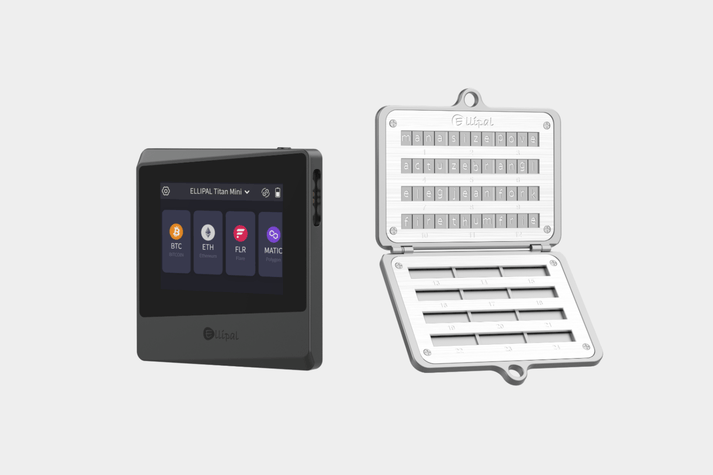Understanding the Importance of Cold Storage in Today's Cryptocurrency Landscape".
Body
In the rapidly evolving world of cryptocurrency, securing your digital assets has never been more critical. One of the most effective ways to ensure the safety of your investments is through the use of a cold wallet. But what exactly is a cold wallet, and why is it so important?

What is a Cold Wallet?
A cold wallet, also known as a hardware wallet, is a physical device designed to store your cryptocurrency offline. Unlike hot wallets, which are connected to the internet, cold wallets provide an extra layer of security by keeping your private keys isolated from online threats.
Benefits of Using a Cold Wallet
There are several advantages to using a cold wallet for your cryptocurrency storage:
- Enhanced Security: Since cold wallets are not connected to the internet, they are immune to online hacking attempts and malware.
- Control Over Private Keys: With a cold wallet, you have full control over your private keys, ensuring that only you can access your funds.
- Backup and Recovery: Most cold wallets come with backup and recovery options, allowing you to restore your funds if the device is lost or damaged.
How Does a Cold Wallet Work?
Cold wallets function by generating and storing your private keys offline. When you want to make a transaction, you connect the cold wallet to a computer or mobile device, sign the transaction with your private key, and then disconnect the wallet. This process ensures that your private keys never come into contact with the internet, significantly reducing the risk of theft.
Popular Cold Wallet Options
There are several reputable cold wallet options available on the market. Here are a couple of examples:
- Ledger Nano S: A popular choice among cryptocurrency enthusiasts, the Ledger Nano S offers robust security features and supports a wide range of cryptocurrencies.

- Trezor Model T: Known for its user-friendly interface and advanced security measures, the Trezor Model T is another excellent option for safeguarding your digital assets.

"Cold wallets are an essential tool for anyone serious about securing their cryptocurrency investments." - Crypto Expert
Why Cold Wallets Are Essential in Today's Cryptocurrency Landscape
With the increasing prevalence of cyber threats and the growing value of digital assets, the importance of using a cold wallet cannot be overstated. By keeping your private keys offline, cold wallets provide a level of security that hot wallets simply cannot match. This makes them an indispensable tool for anyone looking to protect their cryptocurrency investments.
Conclusion
In conclusion, a cold wallet is a vital component of any comprehensive cryptocurrency security strategy. By offering enhanced security, control over private keys, and reliable backup options, cold wallets ensure that your digital assets remain safe from online threats. Whether you are a seasoned investor or new to the world of cryptocurrency, investing in a cold wallet is a prudent decision that can provide peace of mind and protect your valuable assets.
For more information on cold wallets and to explore popular options, check out this video overview.










Comments